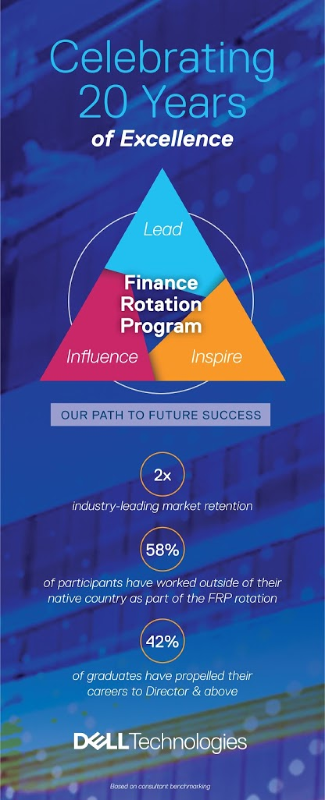Technology has defined the human experience for thousands of years, and we believe it’s still the greatest driver of human progress. Technology that cuts across analytics, Augmented Reality (AR), Virtual Reality (VR), robotics and so much more demands that we examine how we work, what we do and the impact of digital transformation in preparing us for a future powered by data in a multi-cloud world.
To uncover what’s next on the horizon for the digital future, we partnered with Institute for the Future (IFTF) on a three-part research series: Realizing 2030. We explored how emerging technologies will change our lives, work and economy by 2030. We uncovered some interesting insights into how technologies, such as edge computing, 5G, Artificial Intelligence (AI), Extended Reality (XR) and Internet of Things (IoT), will have the power to change lives for the better. The research indicated that 86% of business leaders plan to use emerging technologies to improve workforce productivity and 70% would welcome people partnering with machines/robots to surpass our human limitations. It’s clear that by 2030, a deep understanding of AI and human-machine systems will unlock human potential and set workers apart.
As Dell Technologies undergoes its own transformation, we’re committed to ensuring our team members are at the forefront of the future of work through  professional development of soft and hard skills. This means defining a simplified operating model and how work will be performed; improving data, systems and processes to enable capability development, and building capabilities in robotics, advanced analytics and machine learning.
professional development of soft and hard skills. This means defining a simplified operating model and how work will be performed; improving data, systems and processes to enable capability development, and building capabilities in robotics, advanced analytics and machine learning.
This shows up in the CFO organization with our Finance Rotation Program (FRP). I started FRP with a few other leaders in 1999 with the goal to cultivate and retain world-class talent. It was critical to me to future-proof our teams and leaders by building a workforce capable of adapting to change.
To support these efforts, Dell Technologies has developed our Five Pillars of Skillset Transformation: Influencing, Creativity, Data Literacy, Visual Storytelling and Agility. We look for team members who understand their audience and influence decision-making; who are intellectually curious and bring new, creative ideas to the table; who embrace the power of data and understand when and where to use analytics. We need team members who can use visuals to tell a story in a compelling way, and who embrace ambiguity and have a broad portfolio of skills.
We’ve also kicked off a CFO Org of the Future program in recent years to prepare for the future of work. We support the ongoing skillset development of our team members through online courses, digital awareness training and more to help build out future capabilities in a variety of areas, including automation, advanced analytics and machine learning. Ultimately, these skillset pillars will support our CFO organization’s key priorities: Controllership, Business Partnership and Financial Acumen. These priorities support not only our goals, but are also critical to the strategy of Dell Technologies as a whole – ensuring that the expertise of the organization is represented in influencing the future direction of the company, and helping to drive execution.
Supporting our team members through skillset transformation ensures their success and the holistic success of Dell Technologies. Each of our team members plays a valuable role in making this transformation with us. It’s about continuing to support the growth of our team and the company at large by challenging our thinking, being aggressive and executing bold plays supported by digital transformation.
